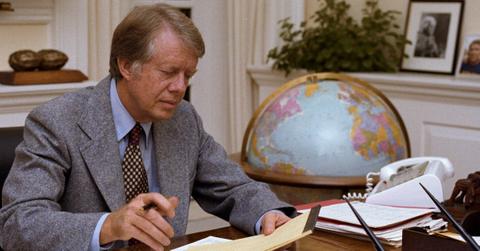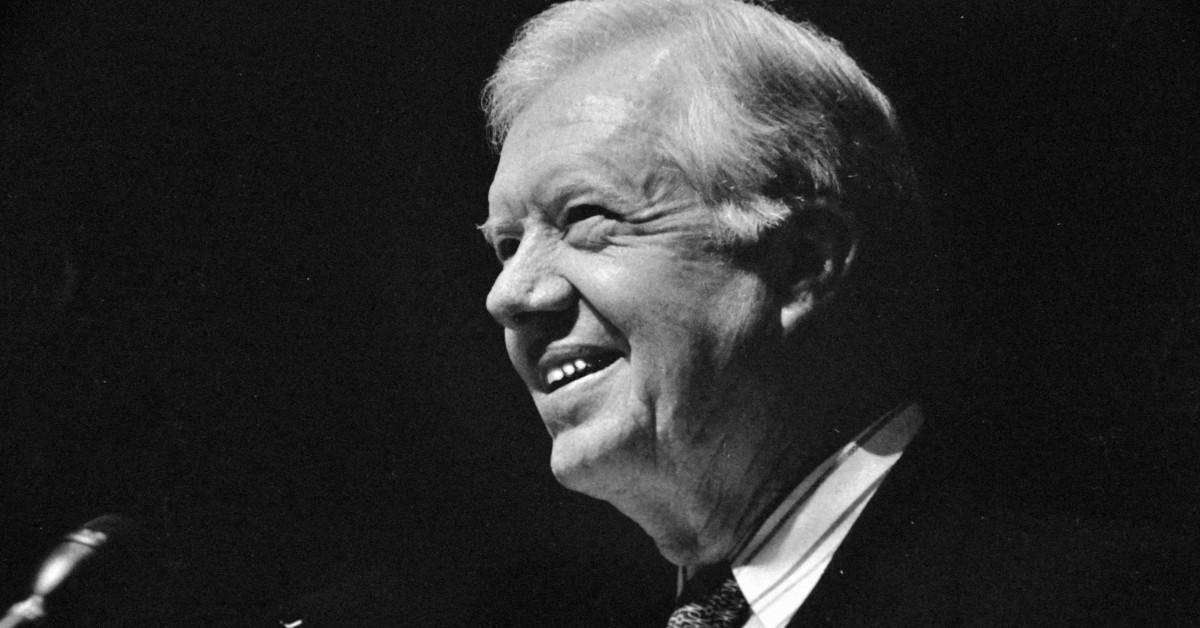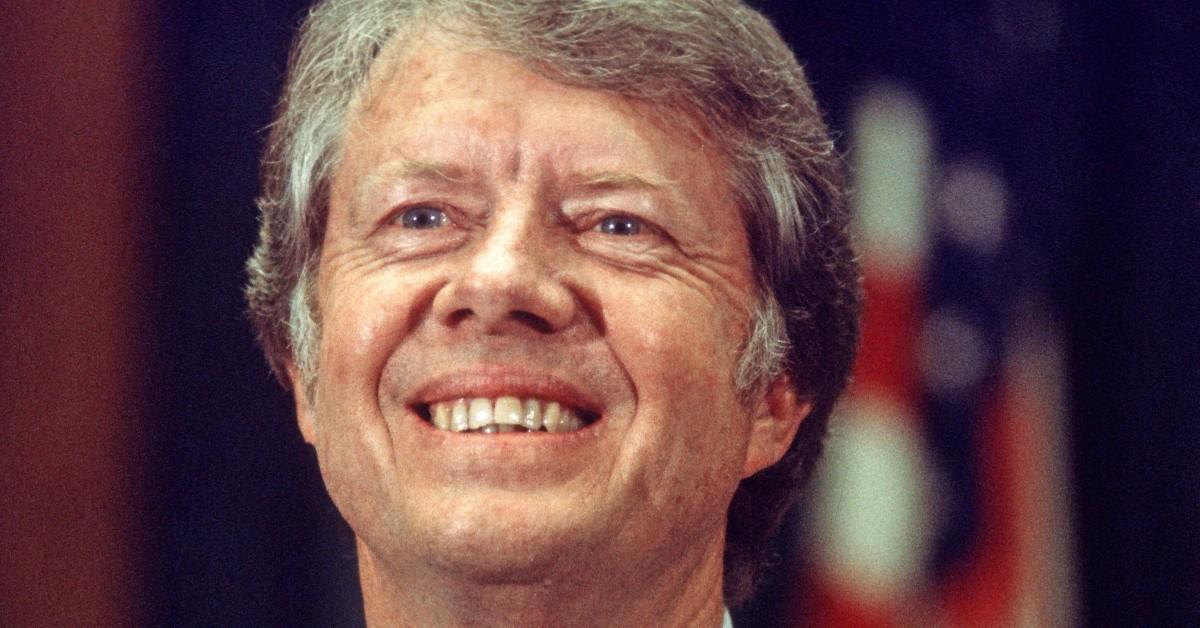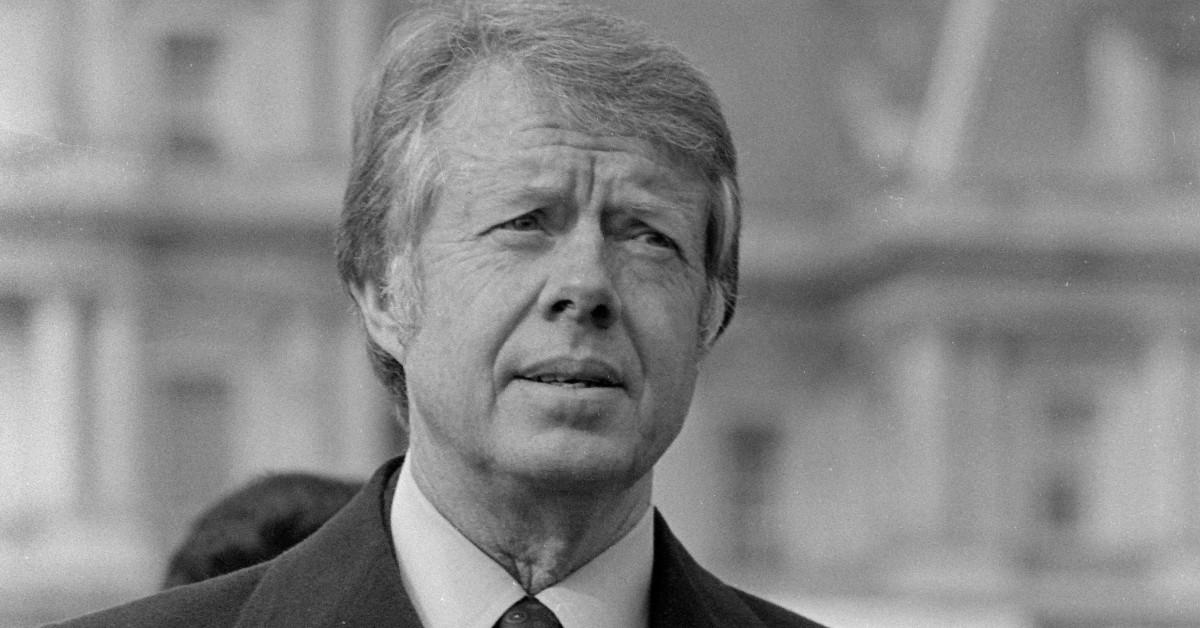Was Jimmy Carter a Nuclear Engineer? Unpacking the Details of His Naval Career
To date, Jimmy is the only U.S. president to have ever worked directly on a nuclear reactor meltdown.
Published Jan. 10 2025, 11:43 a.m. ET

Jimmy Carter’s background is unlike that of any other U.S. president. Before stepping into the Oval Office, he had a career that connected him to one of the most advanced fields of his time — nuclear energy. This unique connection to the nuclear field results in many asking one big question: Was Jimmy Carter a nuclear engineer?
The question arises because of his groundbreaking work with nuclear propulsion during his time in the Navy. He trained under Admiral Hyman Rickover, a visionary leader in nuclear technology. He also helped clean up a reactor meltdown in Canada.
Later, as president, his focus on energy policy reflected a deep understanding of science and innovation. These experiences make his connection to nuclear engineering a frequent topic of curiosity.

Was Jimmy Carter a nuclear engineer during his naval service?
So, did Jimmy ever actually hold the title of nuclear engineer? While he received advanced training in the field, his work never extended to the civilian sector. Instead, his expertise came from his naval service, shaping the skills and leadership style that defined his public life.
Jimmy graduated from the United States Naval Academy in 1946 and joined the Navy’s nuclear propulsion program. As part of this elite program, he trained at Knolls Atomic Power Laboratory where he learned about nuclear reactor operations and safety.
The training for the program was rigorous. Jimmy had to master the principles of nuclear fission and understand how to safely manage reactors. His work prepared him to serve aboard the Navy’s first nuclear-powered submarines, which were cutting-edge technology at the time. This experience placed him among the most technically skilled officers in the Navy.

In 1953, however, Jimmy’s career took a different turn. After his father passed away, he left the Navy to manage the family peanut farm in Georgia. Although he never served on a nuclear-powered submarine, his training gave him a strong foundation in nuclear engineering concepts.
Former President Carter’s nuclear expertise shaped what type of leader he was.
Jimmy’s technical background became clear during a crisis at Chalk River Laboratory in Canada. He led a team tasked with cleaning up a partial nuclear reactor meltdown, a highly dangerous operation. This mission required careful planning, precision, and a deep understanding of nuclear systems. Jimmy’s ability to lead under the pressure of the situation showcased his skills and composure.

Later, as president, Jimmy’s experience with nuclear technology influenced his policies. He prioritized energy reform, creating the Department of Energy and promoting renewable resources. His efforts to reduce dependence on fossil fuels reflected his belief in innovation and sustainability.
So, was Jimmy a nuclear engineer? Technically, no. He never worked as a civilian engineer or held an official title in the field. However, his training in reactor technology and nuclear propulsion qualified him as someone with significant expertise. Overall, his naval experience shaped his career and guided his approach to leadership. So, to answer the question more directly, Jimmy was about as close as one could get to being a nuclear engineer without actually being one.
From managing crises to serving as president, former President Carter’s dedication to service and problem-solving set him apart. His connection to nuclear energy remains a fascinating part of his legacy — even if he wasn't technically a nuclear engineer.